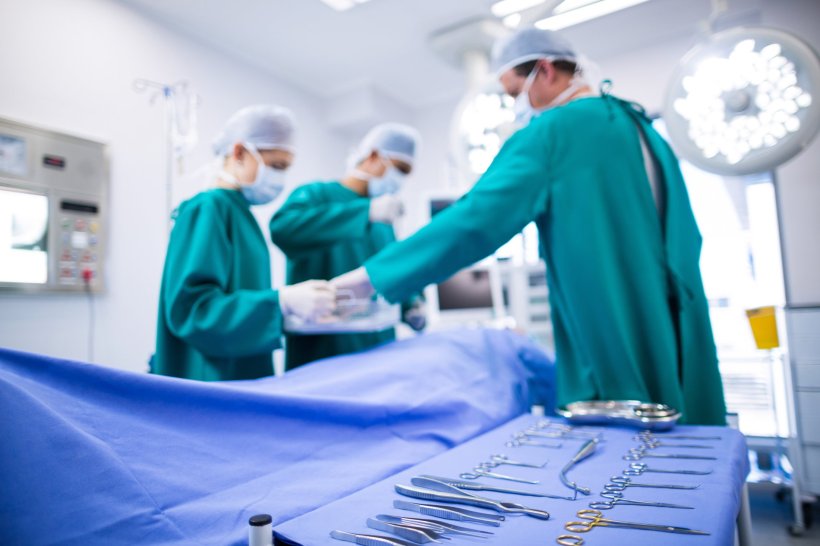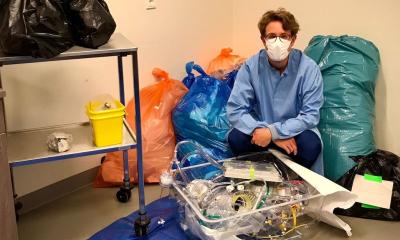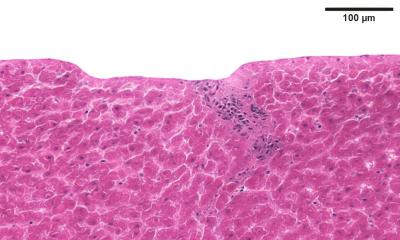
Image source: Adobe Stock/WavebreakMediaMicro
News • Looking beyond the operating theatre
The three global health challenges surgeons must tackle
Surgeons must tackle three major challenges with the most potential to reduce major causes of death and improve access to surgical care, according to an international group of experts.
Despite significant advances over the last 30 years, surgical research is still limited to comparing the benefit of one technique over another. It can be founded on assumptions that a new device or approach is always better - leading to poorly evaluated devices and procedures having negative effects on patients.
Writing in The Lancet, experts from the NIHR Global Health Research Unit for Global Surgery GlobalSurg Collaborative – a programme backed by funding from the NIHR (National Institute for Health and Care Research) – propose three priority areas for surgery:
- Access, equity, and public health must be recognised as crucial issues for surgery.
In 2015, five billion people did not have access to safe and affordable surgical care. Of those who did, 33 million individuals faced catastrophic health expenditure in payment for surgery and anaesthesia. During the Covid-19 pandemic, over 28 million cases of elective surgery are likely to have been cancelled. Surgery has a key role in addressing the most important and growing global health challenges, such as trauma, congenital anomalies, safe childbirth, and non-communicable diseases.
- Inclusion and diversity must improve in both surgical research and the profession.
Women, minoritised groups, and patients from low-income and middle-income countries remain under-represented in clinical practice and major research work. Advancing inclusion and diversity will ensure a research agenda that delivers pragmatic, simple, and context-specific research that reflects the needs of all patients.
- Climate change is the greatest global health threat facing the world.
Surgical theatres are some of the most energy and resource intense areas of a hospital. Surgical practice relies on many single-use, non-biodegradable products as well as anaesthetic gases that have a large environmental footprint. Moving towards net-zero operating practices could reduce health-sector carbon emissions and allow surgeons and policy makers to reassess how surgery fits into a wider health system.
Truly improving lives requires surgical researchers to use the next quarter of a century to tackle the most pressing questions on equity and access, the role of surgery in public health, and sustainability
Dmitri Nepogodiev
Comment co-author Dmitri Nepogodiev, from the University of Birmingham, said: “Richard Horton, Editor-in-Chief of The Lancet, once described surgical research as ‘a comic opera performance’. That was in 1996 and things have changed significantly since then. However, truly improving lives requires surgical researchers to use the next quarter of a century to tackle the most pressing questions on equity and access, the role of surgery in public health, and sustainability.
“Despite the problems of large waiting lists and an economic squeeze on health systems, surgeons must focus on these priority areas - placing surgery as a leader in medical specialties and demonstrating its value as a fundamental element of universal health care.”
The experts note that large, randomised controlled trials with well-defined endpoints are now more usual in surgical research, whilst exploration into the placebo effect, has led to a fundamental re-examination of the benefits of some surgical procedures and whether they benefit patients at all.
Surgeons and anaesthetists have developed successful international collaborative research efforts that have enabled rapid recruitment of participants and globally relevant studies and trials, while following internationally set standards of clinical trial practice. Surgeons can now provide reliable answers to crucial questions in operative surgery, and their research has improved patient care and resource use in health systems.
Source: University of Birmingham
07.06.2023





